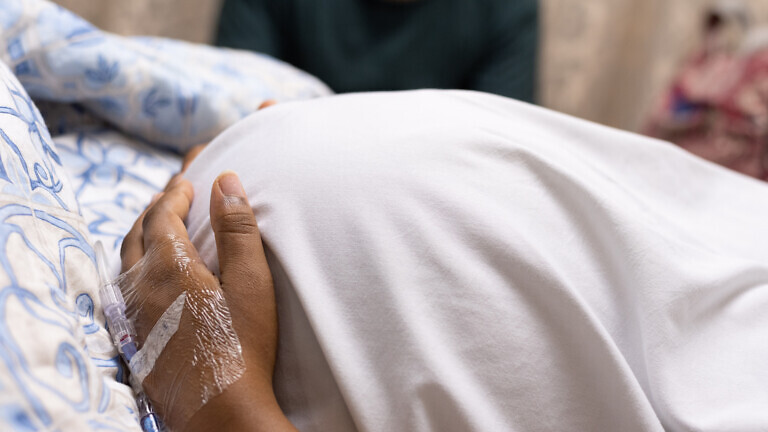Although many clinicians already apply a version of three strikes and rethink in their routine practice, Jess’s Rule will make this standard practice across the country.
Jess’s Rule is being rolled out to prevent avoidable deaths, and GPs across England are to take a “three strikes and rethink approach” after three appointments.
Jess’s Rule is named in memory of Jessica Brady, who died of cancer in December 2020. In the five months leading up to her death, she had more than 20 appointments with her GP practice, but eventually had to seek private healthcare. She was later diagnosed with Stage 4 adenocarcinoma. With such an advanced disease, there was no available treatment.
She was admitted into hospital, where she died three weeks later.
The new initiative will ask GPs to think again if, after three appointments, they have been unable to offer a substantiated diagnosis, or the patient’s symptoms have escalated. While many GP practices already use similar approaches in complex cases, Jess’s Rule will make this standard practice across the country.
Designed in collaboration with the Royal College of General Practitioners (RCGP) and NHS England, Jess’s Rule aims to help catch serious conditions earlier and support GPs with guidelines that bolster their clinical judgment, while encouraging them to reflect, review and rethink if they are uncertain about a patient’s condition.
“Patient safety must be the bedrock of the NHS, and Jess’ Rule will make sure every patient receives the thorough, compassionate, and safe care that they deserve, while supporting our hard-working GPs to catch potentially deadly illnesses,” said health and social care secretary Wes Streeting.

Improve patient safety
Jess’s Rule aims to support GPs to ensure continuity of care for patients with persistent health concerns. This could involve arranging face-to-face consultations if previous appointments were remote, conducting thorough physical examinations, or ordering additional diagnostic tests. It also encourages GPs to review patient records comprehensively, seek second opinions from colleagues, and consider specialist referrals when appropriate.
“Delay or failure to diagnose is the most common cause in claims made for clinical negligence in General Practice, as it is in secondary care,” said Neil Rowe, head of practice at Maulin Law. “The standardisation in Jess’s Rule of the approach taken in many practices is very welcome, and should see a reduction of complaints and claims made in similar circumstances, thereby reducing pressure and cost.”
“Jess’s Rule will also improve patient safety by ensuring more rapid diagnosis of cancer and other illnesses, and provide clarity to those experiencing sickness or ill health,” said Paul Callaghan, policy manager at Healthwatch England.
“We often represent families where opportunities to diagnose serious illness sooner have been missed. Jess’s Rule is an important step, encouraging GPs to reconsider when symptoms don’t improve. Applied well, it could support earlier diagnosis and reduce the tragedies we see too frequently,” said Matilda Blundell of Tomlin & Partners.
Research shows that younger patients and those from ethnic minority backgrounds often face delays in diagnosis of serious conditions, as their symptoms may not match typical presentation patterns seen in older or white patients.
A report from the Nuffield Trust and the Health Foundation found that half of 16 to 24-year-olds required three or more interactions with a healthcare professional from a GP practice before being diagnosed with cancer, compared to one in five across the whole population.
“Many clinicians already apply a version of three strikes and rethink in their routine practice, but Jess’s Rule formalises this instinctive approach, providing a consistent structure to support reflection and timely action for patients,” said Kamila Hawthorne, chair of the RCGP.



